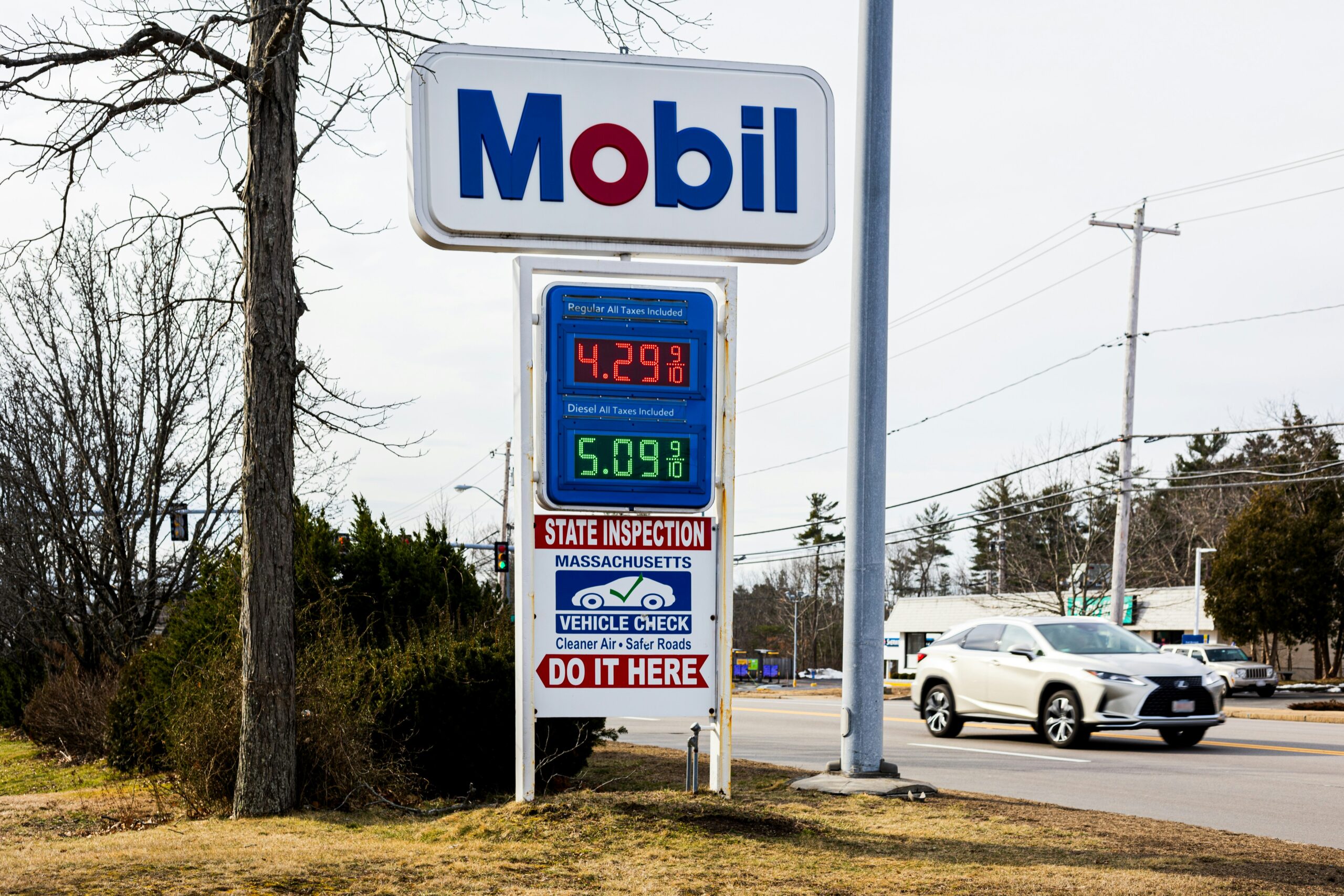
G7 Imposes Price Cap on Russian Oil to Limit Revenue
The Group of Seven (G7) nations have officially imposed a price cap on Russian oil, enacting a policy aimed at limiting Russia’s oil revenues while simultaneously stabilizing global energy markets. This measure, effective as of today, seeks to curtail the funding available to Russia for its ongoing military actions, while ensuring that oil continues to flow to countries that need it.
Key Facts
- The G7 nations have imposed a price cap on Russian oil effective today.
- The price cap aims to limit Russia’s oil revenues.
- The measure intends to stabilize global energy markets.
- The cap seeks to curtail funding for Russia’s military actions.
- The policy aims to ensure oil continues to flow to countries that need it.
Background
The decision to impose a price cap on Russian oil has been under discussion for several months, driven by the dual goals of reducing Russia’s financial capabilities and preventing further disruptions to the global energy supply. The G7 countries, including the United States, Canada, the United Kingdom, Germany, France, Italy, and Japan, have been coordinating their efforts to implement this complex measure. The European Union has also aligned with the G7’s objectives, incorporating the price cap into its broader sanctions regime against Russia. These actions are a coordinated response to the ongoing conflict and its economic repercussions. This coordinated action aims to demonstrate a united front against actions deemed detrimental to international stability and security. For more background, see this analysis of the conflict in Ukraine.
The imposition of the price cap follows a series of economic sanctions and export controls already in place against Russia. These measures have collectively sought to weaken the Russian economy and limit its ability to finance military operations. However, the continued flow of oil revenues has remained a significant source of income for Russia, prompting the G7 to target this specific sector. The price cap mechanism is designed to allow countries to continue purchasing Russian oil, but only at or below the agreed-upon price level. This mechanism seeks to balance the need to reduce Russia’s income with the imperative of avoiding a global energy crisis.
Timeline / What We Know
- Months Prior: Discussions and coordination among G7 nations regarding the implementation of a price cap on Russian oil.
- Today: Official imposition of the price cap on Russian oil by the G7 nations.
- Ongoing: Monitoring of the price cap’s impact on Russia’s oil revenues and global energy markets.
Official Reactions
Officials from G7 nations have expressed confidence that the price cap will achieve its intended goals. The United States Treasury Secretary, Janet Yellen, stated that the cap is “one of the most powerful tools” to address both inflation and Russia’s revenue streams. European leaders have echoed this sentiment, emphasizing the importance of maintaining a united front against Russian aggression. The source did not specify reactions from Russia or other nations.
What’s Next
The immediate focus will be on monitoring the implementation and impact of the price cap. Key areas of observation include:
- Impact on Russian Oil Production: Will Russia reduce its oil production in response to the price cap? Scenarios range from a slight decrease to a significant cut, depending on Russia’s strategic decisions.
- Global Energy Prices: Will the price cap contribute to stabilizing global energy prices, or will it lead to further volatility? Outcomes could range from a gradual decrease in prices to short-term price spikes followed by stabilization.
- Enforcement and Compliance: How effectively will the price cap be enforced, and will countries comply with the measure? The level of compliance could range from near-universal adherence to significant evasion, affecting the cap’s overall effectiveness.
- Russia’s Response: What retaliatory measures, if any, will Russia take in response to the price cap? Responses could range from diplomatic protests to disruptions in energy supply to certain regions.
The effectiveness of the price cap will also depend on the level of international cooperation. While the G7 nations and the EU have aligned on this policy, the participation of other major oil-importing countries will be crucial. The coming weeks and months will provide critical data on the real-world effects of this unprecedented intervention in the global energy market. Continued monitoring and analysis will be essential to refine the approach and address any unintended consequences. See also Understanding OPEC+ Oil Production Decisions for related context.